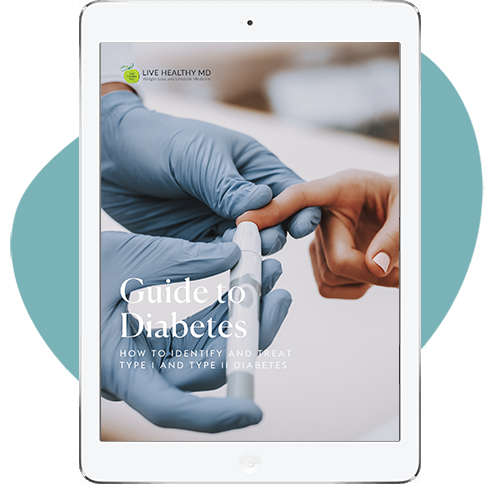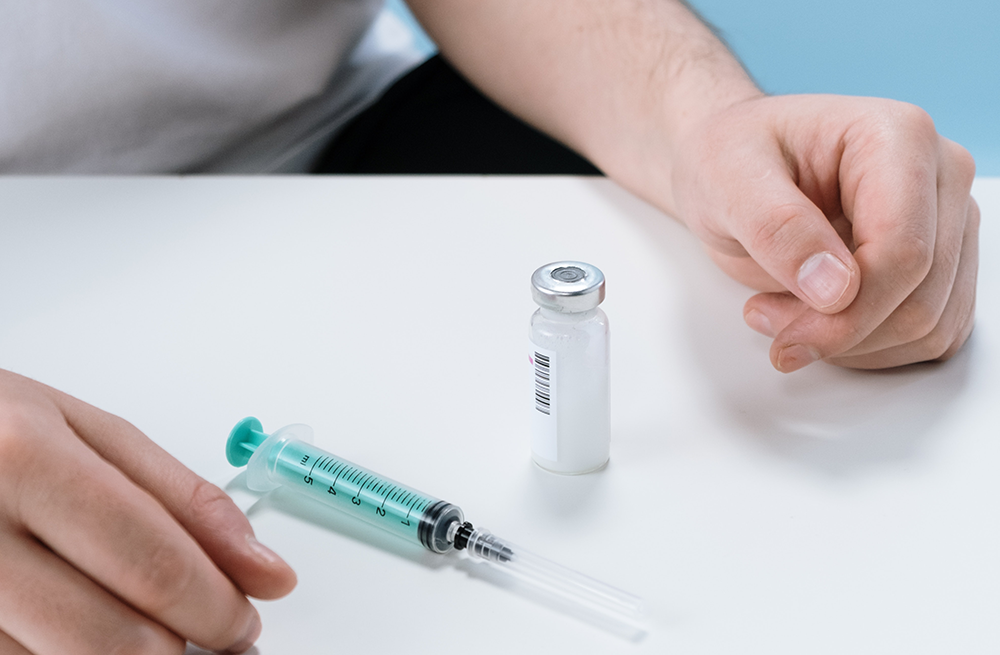
Diabetes affects nearly 463 million people worldwide. In America, where the standard American diet consists of high carbohydrate foods, diabetes affects about 10% of the population, with 90% of all cases being type 2 diabetes.
Given the rising trend in the rates of obesity, it appears the incidence of diabetes will continue to rise. Bariatric surgery is currently the most effective and long-term treatment for obesity. Weight loss surgery procedures are meant for patients to achieve a significant degree of weight loss. With patients attaining successful weight loss results, bariatric surgery is a viable solution for diabetic patients.
How Excess Weight Causes Diabetes
The exact mechanism of how obesity leads to insulin resistance is still not fully known. Recent research proposes that overeating and obesity places stress on a particular cellular organ (organelle) called the endoplasmic reticulum. This organelle is responsible for the processing of nutrients within the cell.
When nutrients are too plentiful, as might be the case in obese patients, the cell sends out signals to the cellular surface to shut down the glucose transport system, thereby inhibiting the action of insulin on the surface of the cell. This ultimately prevents glucose entry into the cell, leading to persistently higher glucose levels in the blood.
Other theories suggest that obesity causes increased levels of fatty acids in the blood, resulting in chronic inflammation. This might result in a response in the immune cells located in adipose tissue to produce toxic chemicals. This somehow inhibits the action of insulin at the level of the cellular insulin receptor or prevents the pancreas from producing enough insulin. Either way, the result is a blood glucose level that is too high.
How Weight Loss Surgery Improves Diabetes in Obese Patients
If the inflammation theory mentioned above is the leading cause for insulin resistance, then it would seem logical that losing weight would decrease the state of chronic inflammation, thereby improving the action of insulin at the cellular level and lowering blood glucose levels.
When considering the endoplasmic reticulum theory, a patient is consistently eating less, resulting in fewer nutrients available for the cells.
This should then result in a lower stimulus for the cell to prevent the entry of glucose, thereby improving the action of insulin at the level of the cell, lowering blood glucose level, decreasing overall improved glycemic control.
Aside from losing weight and eating less, it also appears that preventing food from coming into contact with the first part of the intestine (duodenum) seems to result in hormonal changes that improve insulin sensitivity. This effect appears to be independent of the weight loss.
The prevention of food from coming into contact with the duodenum occurs in the gastric bypass and duodenal switch due to the anatomic changes that divert food away from the duodenum. In most type 2 diabetics, glycemic control is improved if not normal within days of surgery, even before any degree of significant weight loss.
A June 2014, an article published in The International Journal of Clinical Practice reported that surgery — compared to conventional treatment — results in better blood sugar control. Many patients even go into remission within days of their bariatric procedure.
Read the entire ASMBS Fact Sheet on type 2 diabetes and bariatric Surgery
Nearly all individuals who have bariatric surgery show improvement in their diabetic state. Bariatric surgeries have shown the following statistical results as it relates to type 2 diabetes:
- Surgery improves type 2 diabetes in nearly 90 percent of patients
- Surgery causes type 2 diabetes to go into remission in 78 percent of individuals
- Improved health and increased longevity last for years, if not a lifetime.












